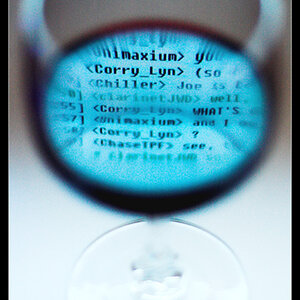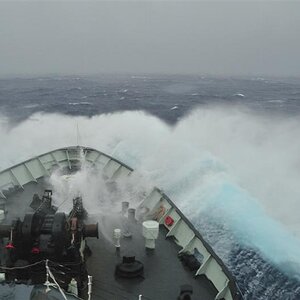DGMPhotography
Been spending a lot of time on here!
- Joined
- Mar 23, 2012
- Messages
- 3,160
- Reaction score
- 718
- Can others edit my Photos
- Photos OK to edit
I posted this in another thread, but it was a side topic so I didn't want it to get lost in all the rubble - anyway, here are my questions:
So in your opinion, when someone pays you to do a photo shoot, say $250 for portrait session, is that payment only for your time and non-commercial/non-retail usage? Would using the photos in ads or posts on social media be considered commercial?
And what about printing? Do your customers have the rights to print the photos if it's for non-commercial/non-retail use? Like, a framed picture in the hall. If so, how do you justify selling prints if they can print it themselves?
And what about altering the image, or online usage? You give them the non-watermarked photos, correct? What if the client posts a photo with an Instagram filter on it? Or do you allow your clients to only use watermarked/non-edited images?
And then you charge extra (license) the photo(s) if it is for commercial or retail usage, correct?
Would you do an exclusive license for these things (like, only the client will be able to use the photos at this time), or non exclusive? I'm guessing it varies between clients.
I know I've got a lot of questions, but I would much appreciate you taking the time to answer them!
So in your opinion, when someone pays you to do a photo shoot, say $250 for portrait session, is that payment only for your time and non-commercial/non-retail usage? Would using the photos in ads or posts on social media be considered commercial?
And what about printing? Do your customers have the rights to print the photos if it's for non-commercial/non-retail use? Like, a framed picture in the hall. If so, how do you justify selling prints if they can print it themselves?
And what about altering the image, or online usage? You give them the non-watermarked photos, correct? What if the client posts a photo with an Instagram filter on it? Or do you allow your clients to only use watermarked/non-edited images?
And then you charge extra (license) the photo(s) if it is for commercial or retail usage, correct?
Would you do an exclusive license for these things (like, only the client will be able to use the photos at this time), or non exclusive? I'm guessing it varies between clients.
I know I've got a lot of questions, but I would much appreciate you taking the time to answer them!
Last edited:













